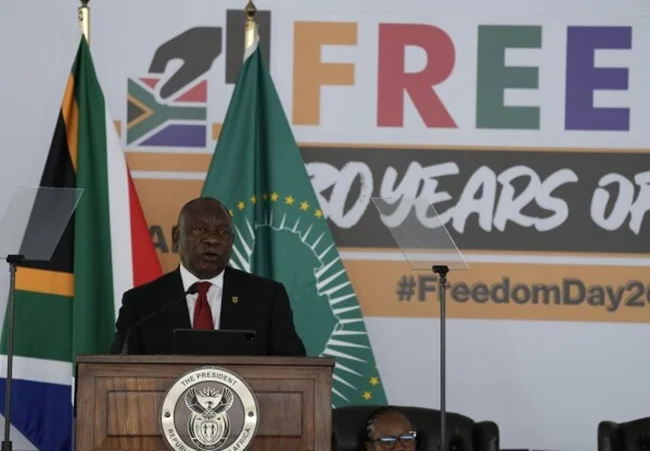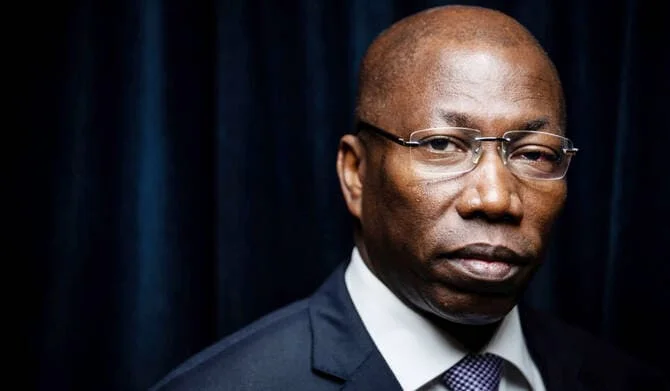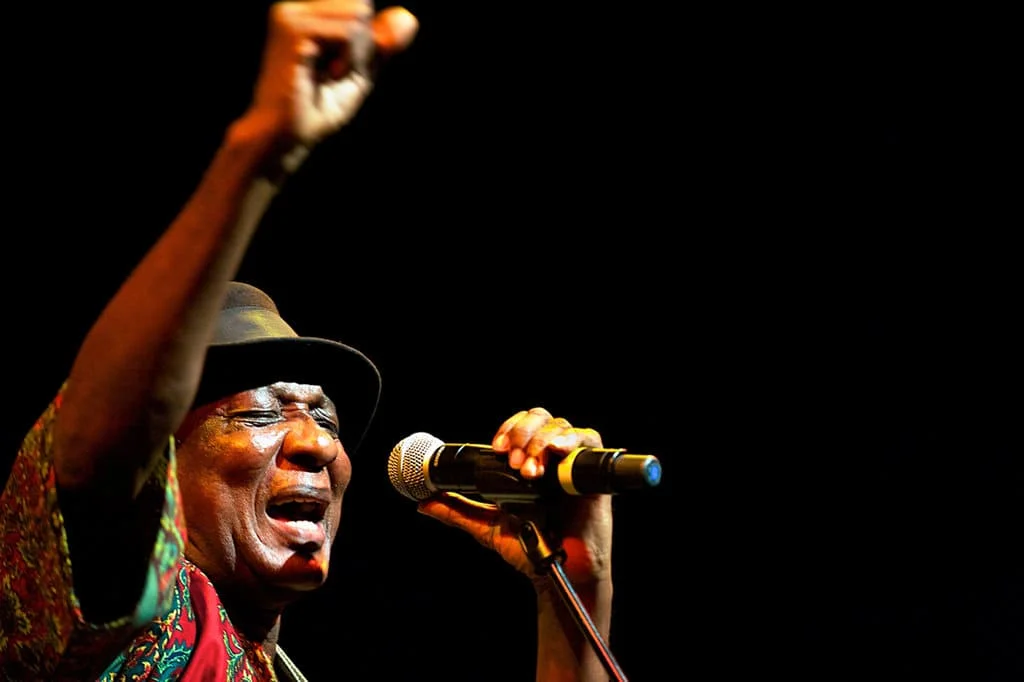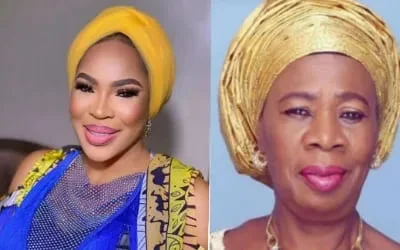South Africa Celebrates Freedom Day Amid Economic Struggles
South Africa commemorates Freedom Day, marking the historic moment when the nation held its first multiracial elections, ending decades of apartheid and ushering in a democratic era. The public holiday honors the sacrifices of those who fought for equality and celebrates the introduction of a constitution that granted equal rights to all. However, as the country reflects on its progress, persistent economic challenges loom large, shaping the discourse ahead of a crucial national election.
A Milestone of Democracy
Freedom Day celebrates the day Nelson Mandela and the African National Congress (ANC) won the first democratic election, a victory that dismantled the racially discriminatory apartheid system. Mandela’s inauguration as South Africa’s first Black president symbolized a new era of hope and reconciliation. The government honors this day by recognizing the unsung heroes and heroines who paved the way for a non-racial, inclusive nation, a legacy that continues to inspire South Africans.
President Cyril Ramaphosa used the occasion to highlight the ANC’s achievements, speaking at the Union Buildings in Pretoria. “South Africa is a far better place than it was decades ago,” he declared, citing advancements in land reform, infrastructure development, and access to electricity, water, and sanitation for millions. These efforts, he argued, have transformed the lives of many, particularly those dispossessed under apartheid.
Economic Challenges Persist
Despite these gains, South Africa grapples with deep-rooted issues, including poverty, inequality, crime, and unemployment, which remain among the highest globally. Ramaphosa acknowledged these challenges but criticized detractors who overlook progress, stating, “We are determined to do much more.” Polls suggest declining support for the ANC, which secured over 57 percent of the vote in the last national election but now faces the risk of losing its parliamentary majority. This shift has sparked discussions about potential coalition governments, with groups like Defend Our Democracy exploring strategies for post-election negotiations.
Economist Azar Jammine noted that South Africa’s economic trajectory can be divided into two periods: a successful phase of growth before the presidency of Jacob Zuma and a stagnation period during his tenure. Between 1994 and 2007, the country saw steady growth, driven by a commodity price boom. However, progress slowed significantly from 2012, with minimal economic gains. Isobel Frye of the Social Policy Initiative highlighted the ANC’s introduction of a minimum wage and an extensive social benefit system, which supports nearly 30 percent of the population, as key achievements. Yet, South Africa remains one of the world’s most unequal nations, according to the Gini index.
Youth Disengagement and Calls for Change
A significant challenge for political parties is engaging young voters, many of whom feel disillusioned with the democratic process. Vote Ubisi, born on the day of the historic election and named after it, expressed a desire for change, stating, “We need a party that contributes to the community.” Despite holding a part-time job, Ubisi’s story reflects the struggles of many young South Africans facing limited opportunities in a country still healing from its past.
Looking Ahead
As South Africa celebrates Freedom Day, the nation stands at a crossroads, balancing pride in its democratic achievements with the urgent need to address economic disparities. The upcoming election will test the ANC’s dominance and shape the country’s path toward a more equitable future.






